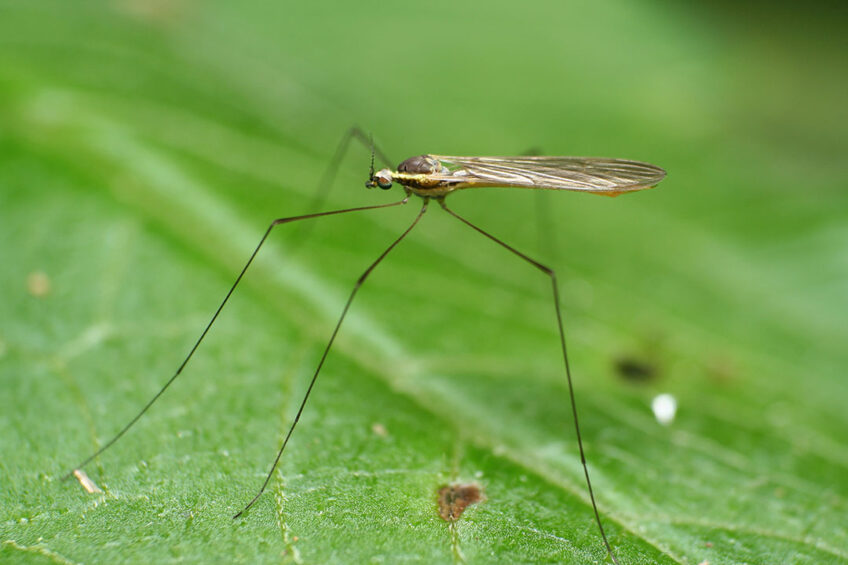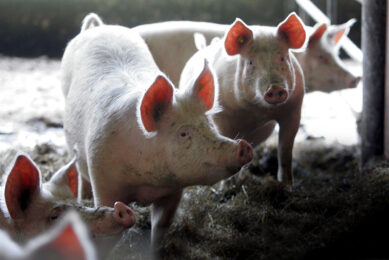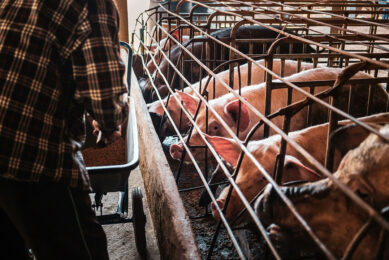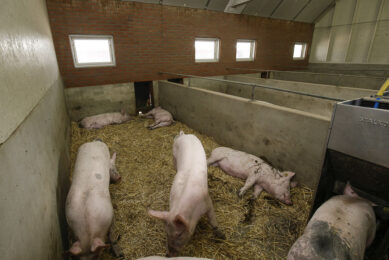Japanese encephalitis found in Australian pigs

The viral disease Japanese encephalitis virus has been detected in pig farms in south-eastern Australia. It is for the first time that the virus has reached Victoria, New South Wales and Queensland.
Australia’s Department of Health reported the outbreak. In a news release, the country’s chief veterinary officer Dr Mark Schipp said that laboratory testing pointed to 1 positive case in northern Victoria, 6 piggeries in New South Wales, and 1 in Queensland. In addition, 4 people were admitted to hospital due to the virus.
JEV: a mosquito-borne disease
Japanese encephalitis virus is a mosquito-borne disease. The virus is part of the flavivirus family, closely related to West Nile, Zika, Murray Valley encephalitis, dengue and yellow fever. In pigs, it can lead to sudden death, fever, abortions and boar infertility, to name a few symptoms. Plus: this virus, which mostly occurs in Asia, is a zoonosis, so it can also affect humans. Apart from pigs and humans, the virus can also affect horses, and is maintained in a cycle between mosquitoes and water birds.
Dr Schipp said, “This is the first time the virus has been detected in southern Australia, and biosecurity authorities are working with their human health departments to understand the implications and risks of human exposure. The Department of Health and the Department of Agriculture, Water and the Environment are collaborating closely, together with state and territory counterparts.”
Japanese encephalitis is a notifiable disease
Dr Schipp pointed to the fact that JEV is a notifiable disease and called on pig owners to come forward in case any suspect signs would be observed.
In the 1995 the virus also jumped from Asia into Australia and stayed for a few years in the Cape York Peninsula, the absolute northern part of Australia which is relatively close to Papua North Guinea. The virus was detected in pigs and humans before it disappeared in 2004.
The virus came back there in humans in 2021, before showing up in pig farms in the 3 states.
How did Japanese encephalitis virus get south?
Investigations are underway to work out how much virus is around and assess risk for human and animal health. The contamination could be linked to favourable weather conditions bringing water to flood plains, which is ideal for both mosquitoes and water birds. Or it could be due to migration of infected birds.
Pork industry well prepared for an outbreak
The case in Victoria was found in Echuca, a town close to the northern state border with New South Wales. Australian news channel ABC spoke to Tim Kingma, a pork producer and president of the Victorian Farmers Federation Pig Group. He lives just 50 km from that location.
He said that the industry was well prepared for an outbreak. “With threats of Australian Swine Fever over the past few years, the industry takes biosecurity matters very seriously. We already have a lot of mosquitos, so we have a lot of things already implemented on the farms to combat them.”
 Beheer
Beheer








 WP Admin
WP Admin  Bewerk bericht
Bewerk bericht